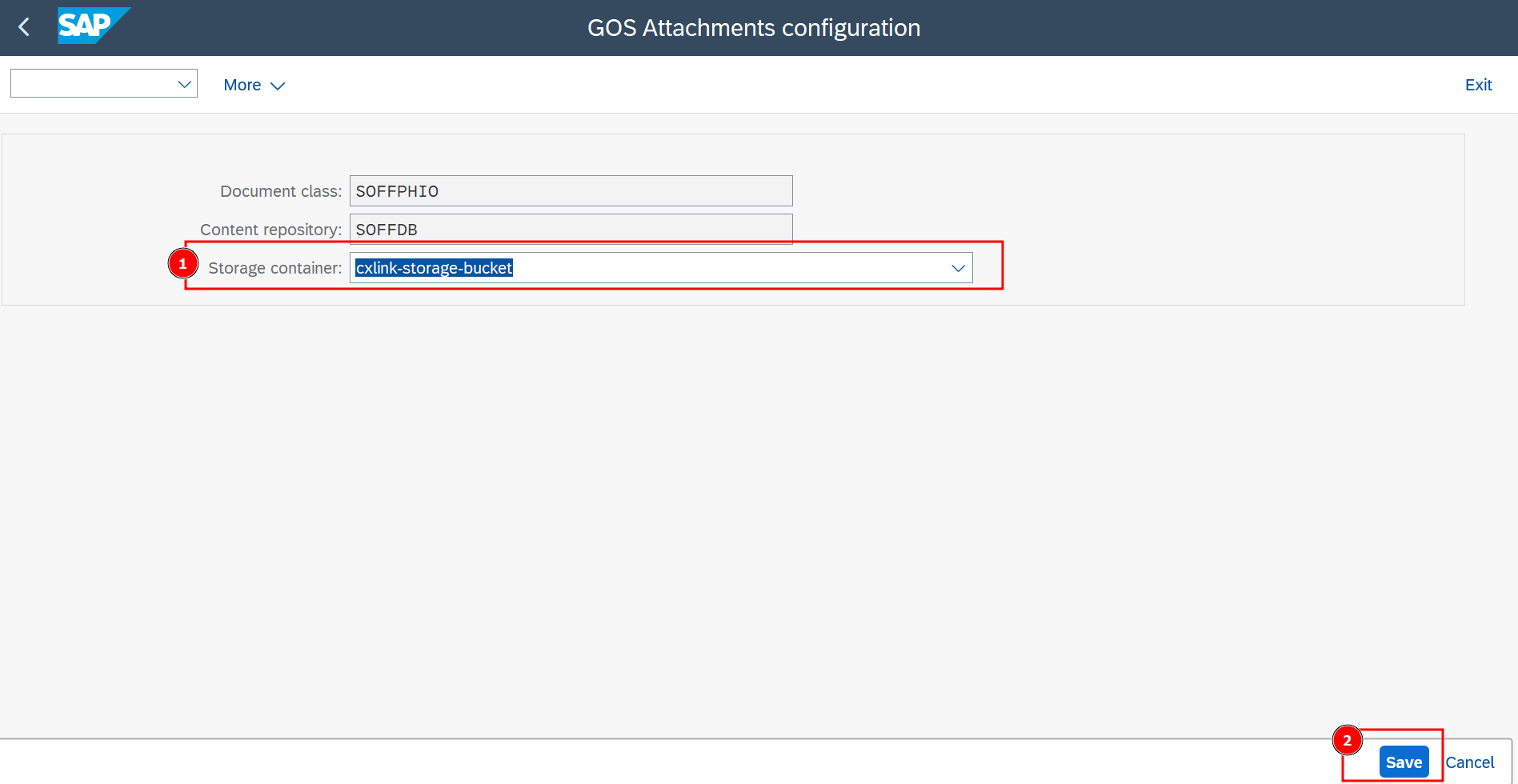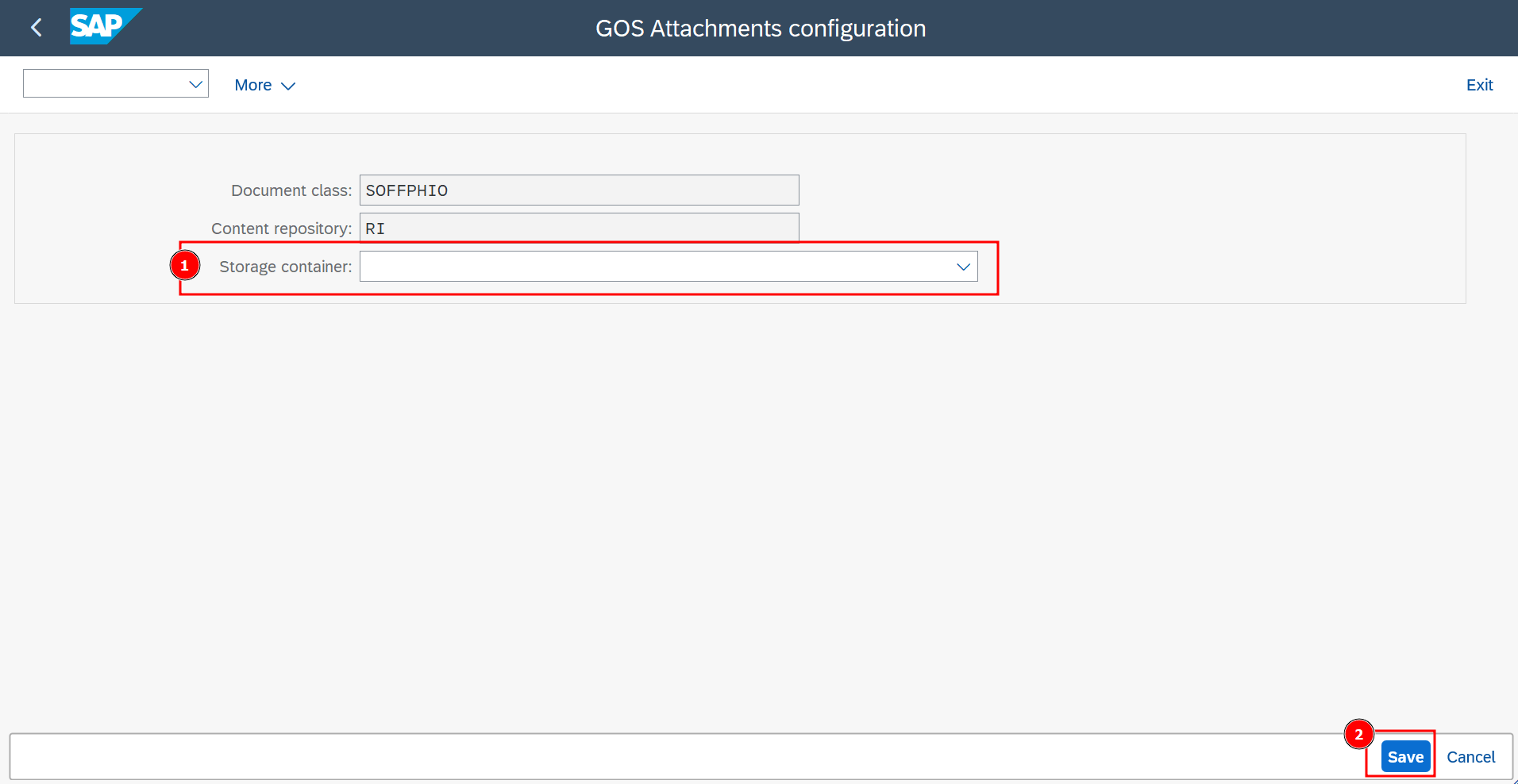Working with Data Retention Tool (DART)
The Data Retention Tool (DART) was designed to aid SAP users in meeting legal data retention requirements for tax audit purposes. DART allows you to periodically extract and retain tax-relevant data from active SAP applications. DART extracts the data into sequential files and provides tools for viewing the retained data in various way.
How It Works
During the CXLink Archive configuration, a one-by-one relation between a Content Repository and the specific object types that you want to retain will be created. After the configuration is done, by using the standard Data Retention Tool features your DART files will be stored in the cloud in a transparent way for the end user.
Configuration
You will need to select where your attachments will be stored. To do so:
- Go to
SPRO->Cxlink Suite by Syntax->Cxlink Documents & Archive->Define Archive Objects (SARA) destinationand selectExecute. - Select
New. - In General Data section add:
- Provider: Select between the listed providers.
- Content Repository: Select a Content Repository custom name or leave blank to autogenerate one.
- On the GOS Attachments configuration screen, select the storage location for your attachments.

- Select
Save.IMPORTANTStarting now, any newly added attachments will be automatically saved in the new location. If you currently have attachments stored in the SOFFCONT1 table or any other content repository, please refer to our migration guide for step-by-step instructions on transferring them to the new content repository (CR).
Migrate your existing content
Migrating your attachments between content repositories will be executed
Rollback to original setup
If for any reason you need to migrate back to a previous content repository, follow these steps:
-
Execute the migration process, from the CR managed by Cxlink to the desired one.
-
Once finished, go to
SPRO->Cxlink Suite by Syntax->Cxlink Documents & Archive->Working with Attachments (GOS)and selectExecute. -
On the GOS Attachments configuration screen, set the Storage Container to blank.

-
Select
Save.IMPORTANTStarting now, any newly added attachments will be automatically saved in the new location.